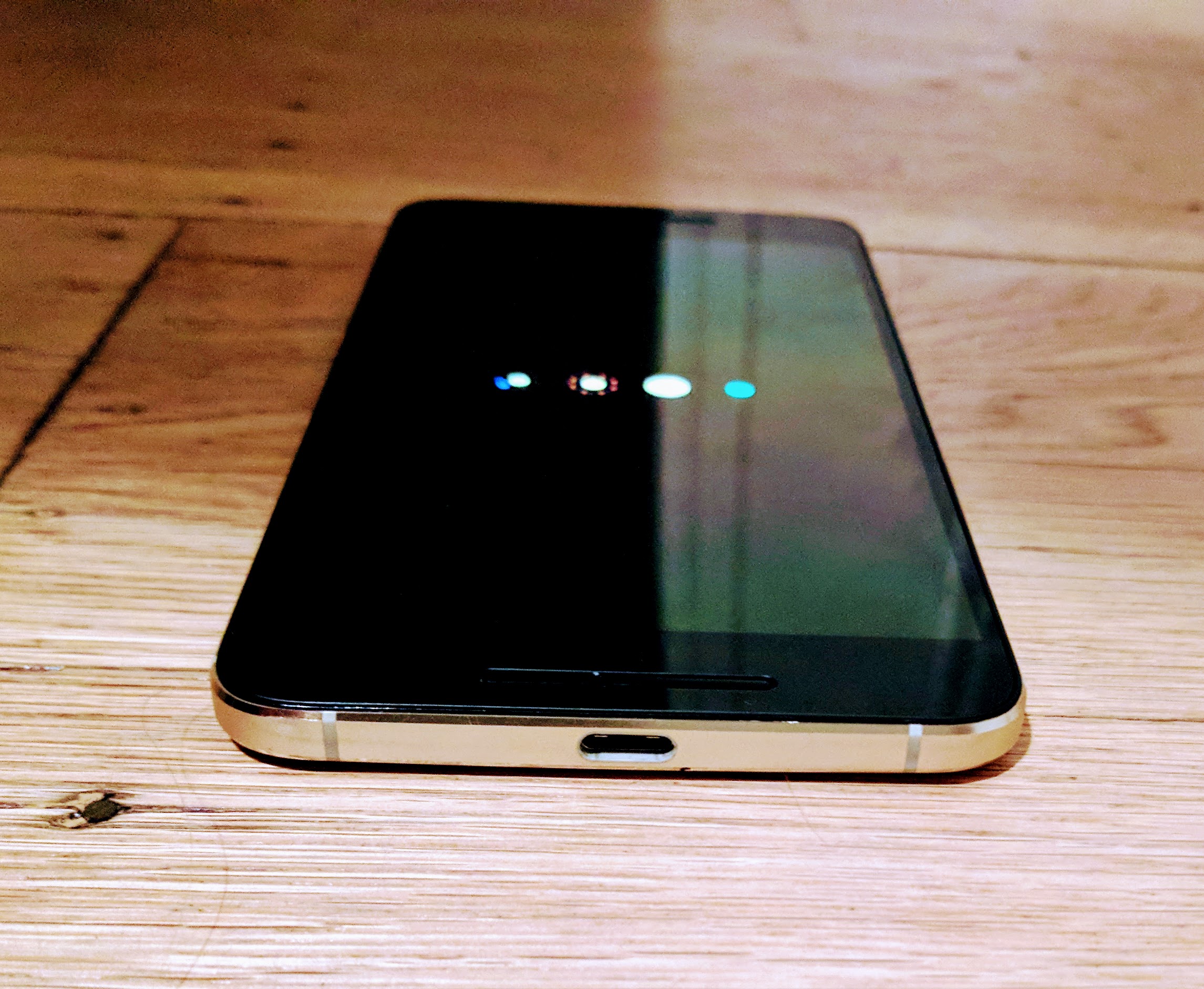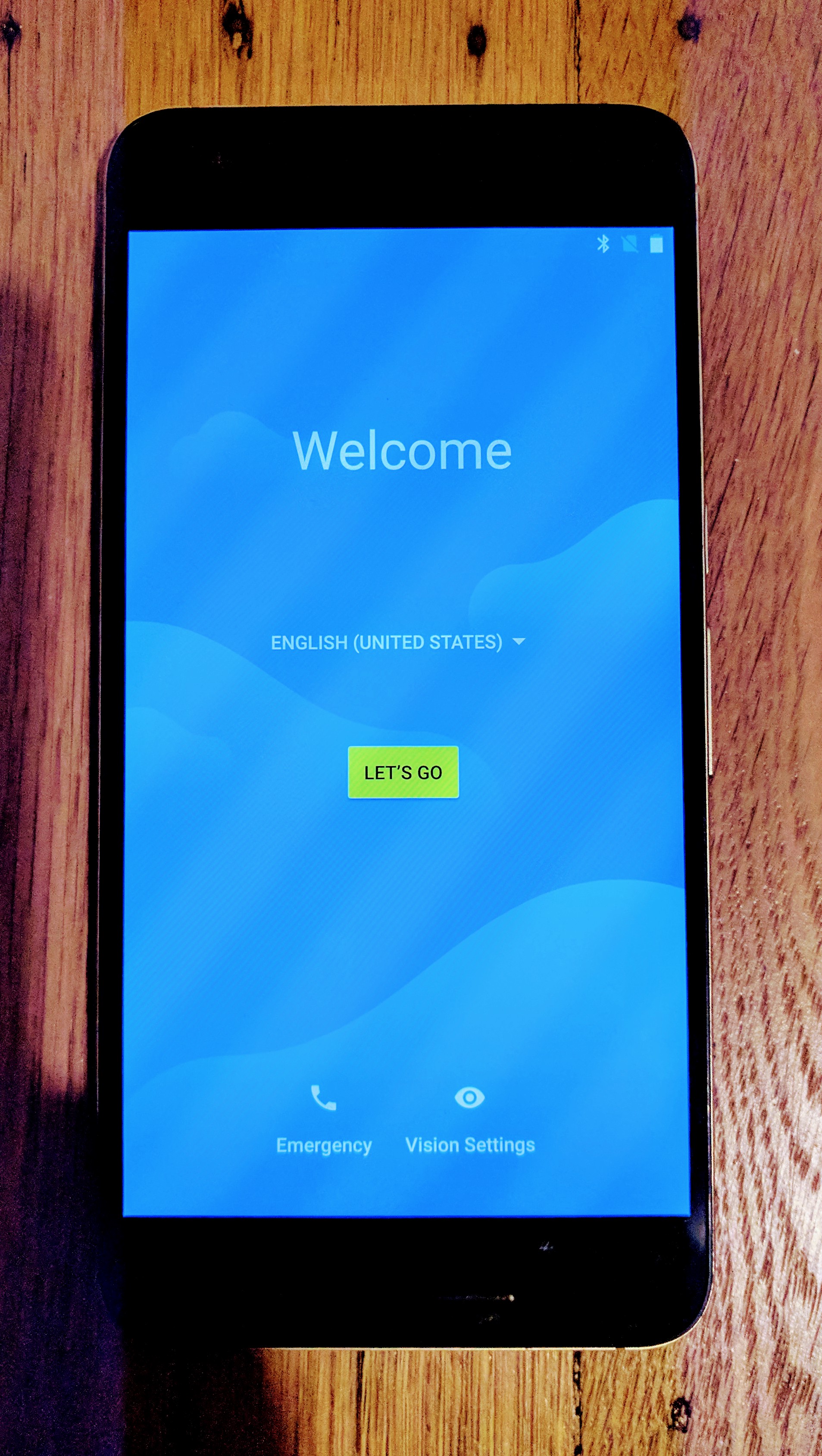A Tale of Two Google Phones

For the past two years, I've carried two Google phones, one for work, one for personal use. They are identical inside, just one is white and one is gold. Nexus 6P 128GB phones through Google Fi. The work phone had a few apps on it, but generally I keep my phones pretty clean of random 3rd party apps. If there's a way to avoid ads, I'll pay for the app or find one that has the functionality I want in a paid version without ads. On the personal phone it was kept pure Google. All apps were from Google Inc, and nothing else.
Why? It was sort of a natural experiment. How would my usage differ between the phones? Would one phone be more secure than the other? Would one phone more stable than the other? It turns out, yes, there are differences. While the hardware was the same, the experience was not. The work phone with 3rd party apps on it developed a problem where it would just reboot spontaneously. The personal one continued to work without issue. To control for variables, I used both phones on the same wifi networks, same cell towers, and carried them everywhere with me all the time. They were both exposed to the same electronic risks and same environments at all times (or as often as possible). I used both phones about the same amount of call time, Internet time, and usage patterns. Of course, the work phone got more usage during the day, while the personal one more usage at night/weekends.

The work phone eventually degraded to the point where every hour it would reboot without input. This was such a common issue that Google has it's own support issue on how to troubleshoot and address it. My own notes show that the phone would reboot when it was not being used. It never rebooted during calls or when something was on the screen being used. It only rebooted when it was "asleep" per se. This made me wonder if some watchdog process was causing the reboot by misreading the state of the machine. The only thing to cure the reboot issue was to factory reset the phone. Until I started it back with all the apps, and eventually the problem returns.
I like the pure Android experience. I have yet to find the additions by various hardware manufacturers helpful. Usually, they just get in the way for me. The idea behind Android One is a consistent pure-Android experience on different hardware. Phones are the new desktops, including their bloatware/crapware installs by default. Except, you can't remove most of the forced add-ons and apps because the manufacturer or the mobile provider bakes them into their version of Android. Of course, the pure Android experience gives google the power of the default. Microsoft understood this well, as do Apple and Google today. The reason IE and Microsoft apps were so popular back in the day? They were the default with Windows.
I ended up securely wiping and selling the "work phone" for hardware parts to a dealer. The other was combined into the one phone and worked pretty well. It's developed a different problem where it burns down the battery from 50% to 10% to power off in less than a few hours. This is the pure Google "personal phone" which never had a problem before. In fact, the battery lasted twice as long as the "work phone" with all of the 3rd party apps on it. According to the battery meter, the majority of usage is "Android system", so it doesn't appear to be any obvious 3rd party app nor Google app burning down the battery. However, the difference between the phones was clear.
As the Nexus 6P is over two years old, time to upgrade to something new. This was my first foray into high-end phones. Paying for the Nexus could've bought a decent laptop at these prices. I used to go with super cheap throwaway phones, but decided to experiment this time. It's lasted two years. I don't know that I've either saved or spent more over the duration. Time to do some research.